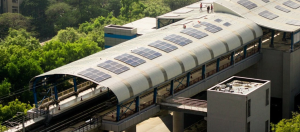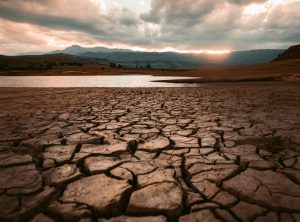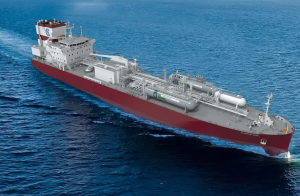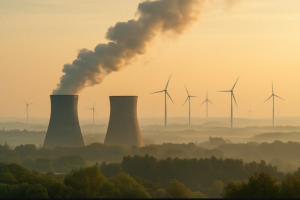
Labubu, Stanley, Matcha: Are Your “Must-Haves” Harming The Planet?
Ever thought your favorite Stanley cup or Labudu toys or matcha latte might be hurting the planet? This article may make you pause. It unpacks how even the trendiest “must-haves” like Labubu toys come with hidden climate costs—from overproduction to waste. It’s a wake-up call to rethink how our personal choices add up in the fight against climate change. As of now, nearly 80% of all toys end up in landfills, incinerators or the ocean and account for almost 6% of landfill plastics.










